
Parliament approves bill on joint Iran-Hungarian investment
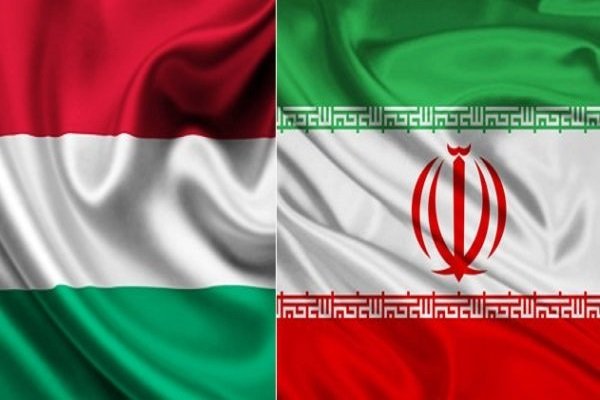
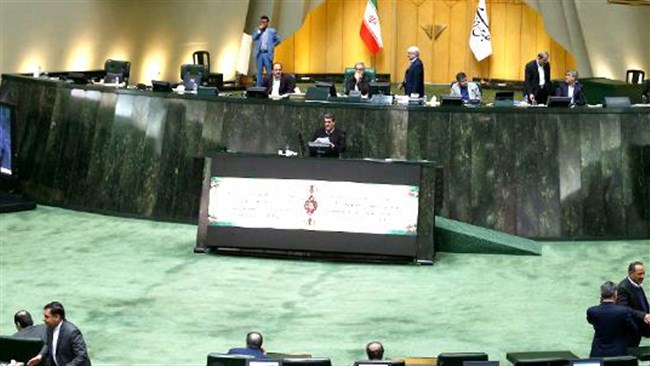
The Iranian parliament has approved a bill on encouraging and supporting joint investment with Hungary.
The agreement was passed by 146 votes in favour, 7 against and 3 abstentions on Monday.
Hungary was about to develop its economic ties with Iran following the signing of Iran nuclear deal, also known as the Joint Comprehensive Plan of Action (JCPOA), in June 2015.
Hungarian Prime Minister Viktor Orbán announced then that Iran was about to undergo a phase of major economic development.
He also said that a Hungarian-Iranian economic joint committee was about to be set up, and that the European country would open a foreign trade representation in the Iranian capital.
Hungary’s then Minister of National Economy Mihály Varga also signed several Memoranda of Understanding (MoU) with the Iranian private sector.
Iran exported more than four million dollars of good weighing over seven million kilograms during the last Iranian year of 1397 (to 20 March 2019), according to the latest results by Iran’s Customs Administration (IRICA).
The exports showed a nearly 50% increase in value and some 260% rise in weight in comparison to the same period a year before that.
However, Iranian imports from the European country declined some 44% and over 53% in value and weight during the same period.
Ali Akbar Farazi, the ex Iranian ambassador to Hungary, told Iran Chamber Newsroom that he hopes the ratification of the deal paves the way for better trade ties between Tehran and Budapest.
He believes that should necessary infrastructure be ready for mutual investment in both countries, Hungarian economic operators have the capacity to invest in Iran's industrial, transport and transit, rail transport, pharmaceuticals and medical equipments.
"The Hungarians hava a good record of economic activities in Iran," he said during the interview, adding that Hungarian transportation companies were active in Iran after the Islamic Revolution of 1979 as well as during the Iraq's war with Iran.
"The Hungarians were active in bus manufacturing such as the Ikarus comapny," Farazi mentioned.
"The passage of such bills means how important countries are for each other. However, the brutal US sanctions have impeded the realisation of joint projects between the two countries," stressed Farazi who served as the Iranian envoy to Hungary and Romania before and after the signing of the Iran nuclear deal of 2015.


Uzbek gold miner said to eye $20 billion value in dual listing

Peabody–Anglo $3.8B coal deal on the brink after mine fire

A global market based on gold bars shudders on tariff threat

Minera Alamos buys Equinox’s Nevada assets for $115M

SSR Mining soars on Q2 earnings beat

Century Aluminum to invest $50M in Mt. Holly smelter restart in South Carolina
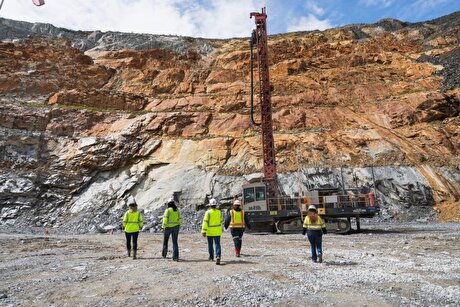
OceanaGold hits new high on strong Q2 results
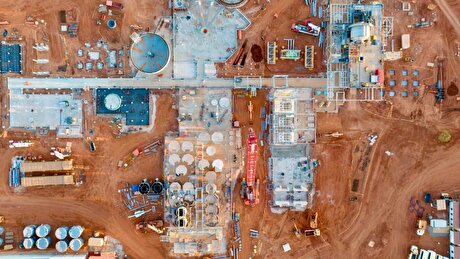
Australia to invest $33 million to boost Liontown’s Kathleen lithium operations

China limits supply of critical minerals to US defense sector: WSJ
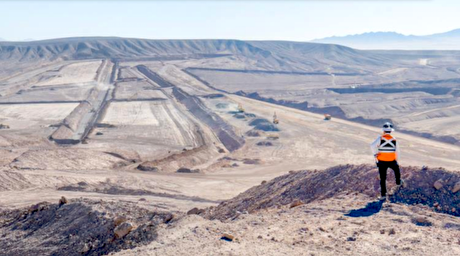
Antofagasta posts biggest profit margins since 2021
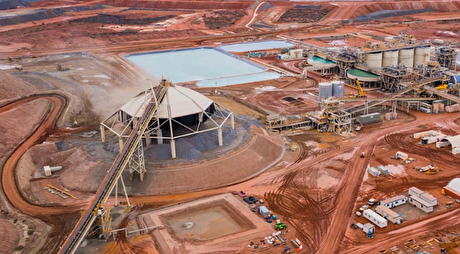
Gold Fields nears $2.4B Gold Road takeover ahead of vote

US startup makes thorium breakthrough at Department of Energy’s Idaho National Lab
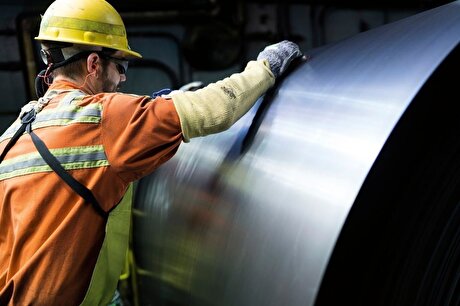
Cleveland-Cliffs inks multiyear steel pacts with US automakers in tariff aftershock
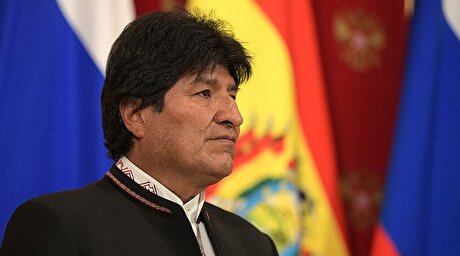
Bolivia election and lithium: What you need to know

Samarco gets court approval to exit bankruptcy proceedings
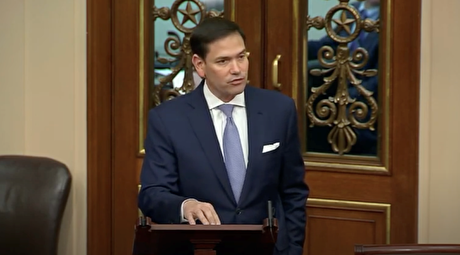
US eyes minerals cooperation in province home to Reko Diq
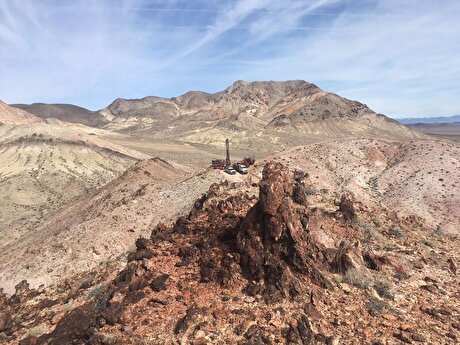
Allegiant Gold soars on 50% financing upsize

Explaining the iron ore grade shift

Metal markets hold steady as Trump-Putin meeting begins

Antofagasta posts biggest profit margins since 2021

Gold Fields nears $2.4B Gold Road takeover ahead of vote

US startup makes thorium breakthrough at Department of Energy’s Idaho National Lab

Cleveland-Cliffs inks multiyear steel pacts with US automakers in tariff aftershock

Bolivia election and lithium: What you need to know

Samarco gets court approval to exit bankruptcy proceedings

US eyes minerals cooperation in province home to Reko Diq

Allegiant Gold soars on 50% financing upsize

Explaining the iron ore grade shift














